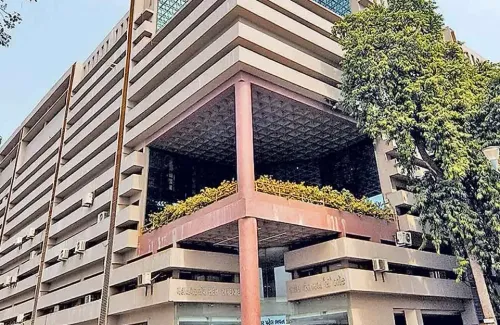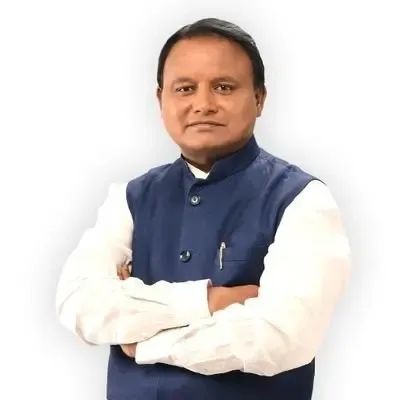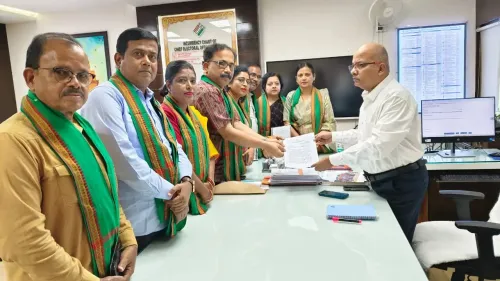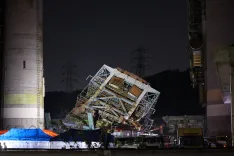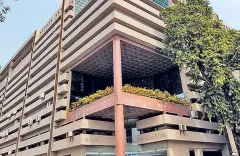Did Shehbaz Sharif's Four-Nation Tour Turn Out to Be a Mega Flop?
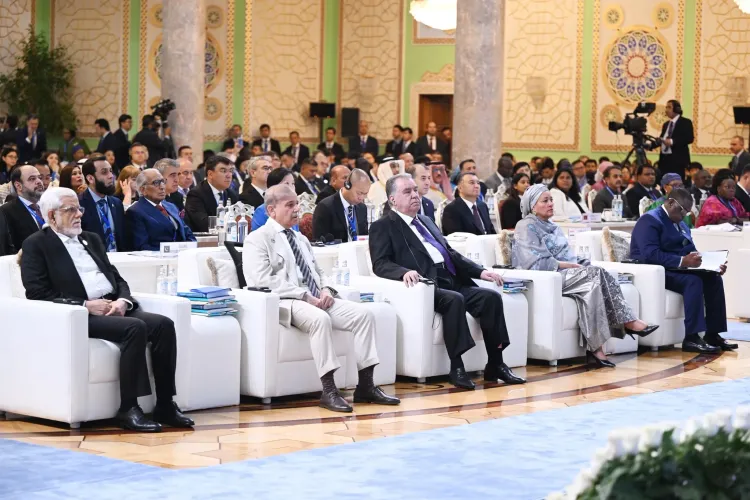
Synopsis
Key Takeaways
- Sharif's tour lacked significant diplomatic success.
- Pakistan's anti-India narrative faced challenges.
- Regional tensions remain high between Iran and Pakistan.
- Economic cooperation was a key focus with Azerbaijan.
- Tajikistan's civil society is skeptical of Pakistan's intentions.
New Delhi: Islamabad's anti-India propaganda faced a significant setback during Pakistan Prime Minister Shehbaz Sharif's recent four-nation diplomatic tour, which aimed to reach out to the global community following Operation Sindoor—India's resolute response to the April 22 Pahalgam terrorist attack.
Sharif journeyed to Turkey, Iran, Azerbaijan, and Tajikistan from May 25-30, shortly after India targeted terrorist infrastructures within Pakistan and Pakistan-occupied Kashmir (POK) during the operation last month.
The primary focus of the visit was to depict Islamabad as a terrorism victim, accusing India of failing to provide credible evidence to substantiate claims of Pakistan's involvement in the attack while also reigniting discussions on the Kashmir issue.
Relations between Iran and Pakistan remain tense as both nations blame each other for not adequately addressing the rising militancy along their shared border of approximately 959 km (596 miles). In January 2024, Iran conducted missile strikes against the Jaish-al-Adl, a militant group active in Iran's Sistan and Baluchestan province. Pakistan has accused Iran of harboring Baloch nationalist-separatist groups such as the Balochistan Liberation Army (BLA) and the Balochistan Liberation Front (BLF).
In a veiled warning to Pakistan during a joint press conference with Shehbaz Sharif in Tehran on May 26, Iranian President Masoud Pezeshkian stated, "We believe that the shared borders should be devoid of insecurity and terrorist activities."
Pezeshkian emphasized that both West Asia and South Asia require security and peace now more than ever, highlighting the necessity for positive interactions with neighboring nations and international partners.
Bilateral discussions took center stage when Sharif met with Azeri President Ilham Aliyev in Lachin on May 27, where he expressed a desire to enhance economic ties with Baku. He reaffirmed Azerbaijan's commitment to invest USD $2 billion in Pakistan, focusing on commerce, defense, education, and health.
Baku has increasingly become a hub for Pakistani nationals involved in fake passport/visa rackets and assisting human trafficking for South Asians seeking further travel to the West.
Notably, Sharif has frequently visited Ankara and Baku since assuming the role of Prime Minister in April 2022.
In Dushanbe, Sharif's discussions with Tajik President Emomali Rahmon on May 29-30 during the first International High Level Conference on Glaciers Preservation (ICGP) concentrated on collaboration in energy projects like CASA-1000, as well as regional connectivity and trade.
Few took note when Sharif mentioned the Indus Waters Treaty (IWT) during his speech at the ICGP.
The Joint Statement released after the meetings indicated a neutral position. It was Sharif who persistently reiterated Pakistan's readiness for dialogue with India.
Amid a severe security crisis on its western frontier, grappling with the Taliban and Tehrik-e-Taliban (TTP), Pakistan is striving to strengthen ties with Tajikistan.
The Director General of ISI and current National Security Advisor (NSA) of Pakistan, Lt. Gen. Muhammad Asim Malik, visited Dushanbe last December to foster ties with Tajikistan, which is viewed as a bastion of anti-Taliban factions.
However, the Tajik civil society harbors resentment against Pakistan, attributing the promotion of terrorism to Islamabad, which has adversely affected Tajikistan and Central Asia. Tajikistan fears that terrorist groups from Pakistani soil may disrupt the region, particularly targeting Ismaili Shias in the mountainous Gorno-Badakhshan Autonomous Oblast (GBAO).
Pakistan aspires to expand its influence in Eurasian geopolitics with implicit support from China.
It is evident that the Central Asian Republics are well aware that state-sponsored terrorism is an established industry in Pakistan.
Analysts suggest that as Shehbaz Sharif sought to gather support for Bunyan-un-Marsoos during his four-nation undertaking, each stop resulted in a lesser display of strategic relations with Pakistan.
(The author is a South Asia and Eurasia expert, previously affiliated with the Manohar Parrikar Institute for Defence Studies and Analyses. The views expressed are personal.)

